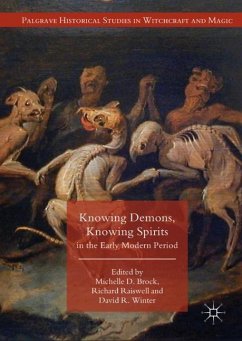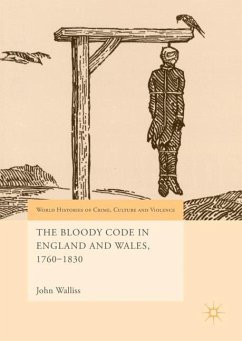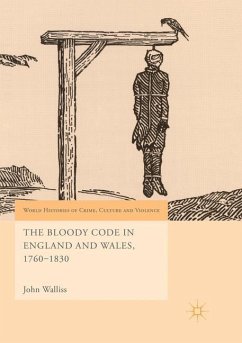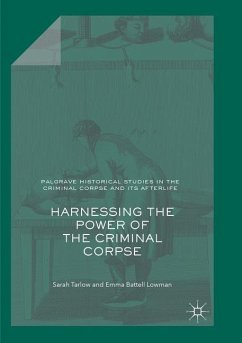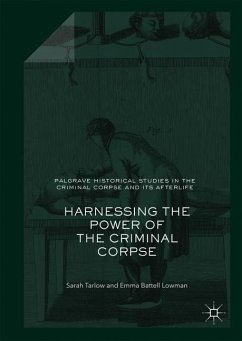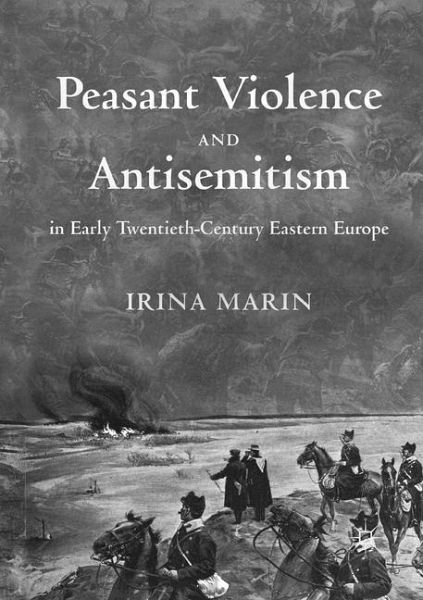
Peasant Violence and Antisemitism in Early Twentieth-Century Eastern Europe
Versandkostenfrei!
Versandfertig in 6-10 Tagen
61,99 €
inkl. MwSt.
Weitere Ausgaben:

PAYBACK Punkte
31 °P sammeln!
This book is a transnational study of rural and anti-Semitic violence around the triple frontier between Austria-Hungary, Romania and Tsarist Russia at the beginning of the twentieth century. It focuses on the devastating Romanian peasant uprising in 1907 and traces the reverberations of the crisis across the triple frontier, analysing the fears, spectres and knee-jerk reactions it triggered in the borderlands of Austria-Hungary and Tsarist Russia. The uprising came close on the heels of the 1905-1907 social turmoil in Tsarist Russia, and brought into play the major issues that characterized s...
This book is a transnational study of rural and anti-Semitic violence around the triple frontier between Austria-Hungary, Romania and Tsarist Russia at the beginning of the twentieth century. It focuses on the devastating Romanian peasant uprising in 1907 and traces the reverberations of the crisis across the triple frontier, analysing the fears, spectres and knee-jerk reactions it triggered in the borderlands of Austria-Hungary and Tsarist Russia. The uprising came close on the heels of the 1905-1907 social turmoil in Tsarist Russia, and brought into play the major issues that characterized social and political life in the region at the time: rural poverty, the Jewish Question, state modernization, and social upheavals. The book comparatively explores the causes and mechanisms of violence propagation, the function of rumour in the spread of the uprising, land reforms and their legal underpinnings, the policing capabilities of the borderlands around the triple frontier, as well as newspaper coverage and diplomatic reactions.




